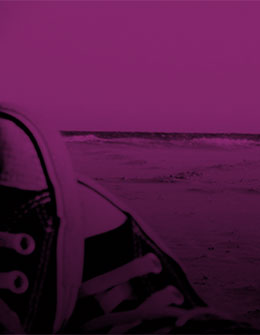Growing up, I was very oblivious to drug use. I used to think drugs existed primarily in dank alleyways and on inner-city street corners. I believed all drug addicts were stereotypically poor, came from broken homes, and engaged in criminal activities regularly. I’m slightly older now, with a little more life experience, and its opened my eyes to some of the realities of drug use. I never would have imagined motivated, bright students, with everything going for them, turning to drug use. However, I now know that teens and young adults from all socio-economic backgrounds and all walks of life use drugs as a copping mechanism.
Living in an affluent suburb of New York City and attending an incredibly pricy college (☹) on the East Coast, I am surrounded by privilege. From what I’ve seen, privilege and high expectations go hand-in-hand. The pressure to exsel in every class and extra-curricular activity prompts many teens and young adults to turn to prescription drugs, whether prescribed, or purchased illegally. It scares me to see the abuse of drugs like Adderall and Vyvanse normalized in college settings. Stemming from challenging assignments and long nights of studying, I’ve witnessed classmates turning to drugs – including dangerously addictive opiates – to cope during the week, then let go on the weekend.
It pained me to see a close friend of mine turn to prescription drugs, purchased illegally, when overwhelmed at a party. Popping a Percocet at a 21st birthday party after hours of drinking is both emblematic and symptomatic of our country’s current drug epidemic driven by prescription painkillers – like Percocet – which are powerful opioids, belonging to the same class of drugs as heroin.
Every person faces challenges which can be a struggle cope with, however, in the absence of having ever developed more healthy coping skills, many teens and young adults turn to drug use, frequently unaware that many prescription drugs can become equally as dangerous as snorting cocaine or injecting meth.
Drug use is prevalent across all segments of society, from city streets to affluent suburbs, and addiction doesn’t discrinimate. Educate yourself and help educate others; its the first step in combating what has truly become an epidemic. And more importantly, we need to help and support our friends and loved ones who could be at risk. Fostering healthy coping mechanisms, such as excercise or talk-therapy, is a great start!




